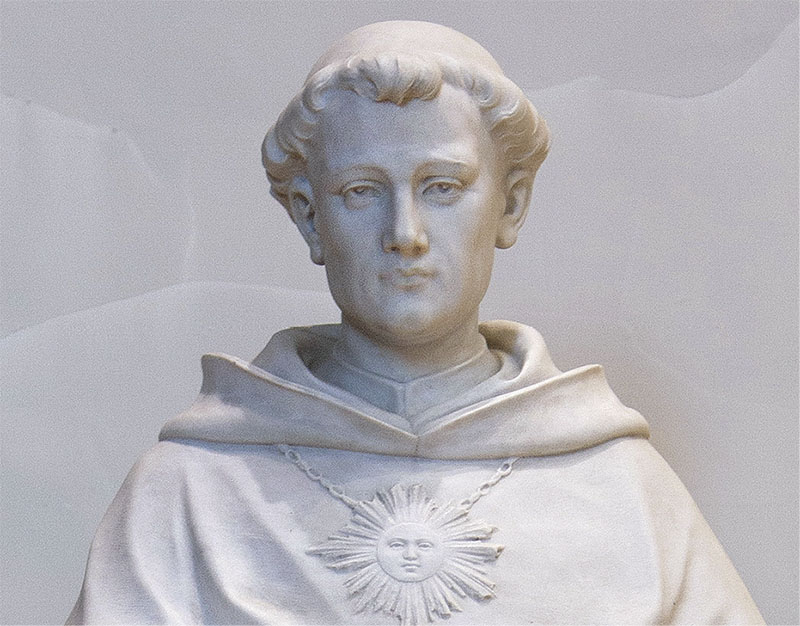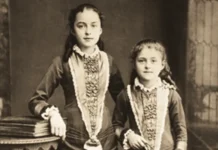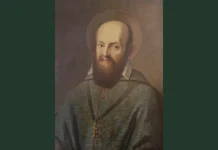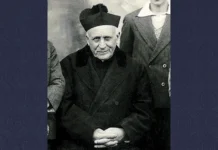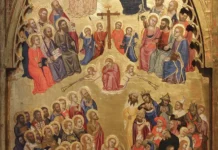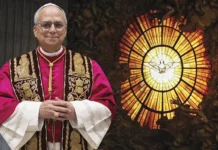On a pleasant afternoon, in the soft and melancholy light of the close of the day, a group of young boys who, with Thomas, were being educated at the Monte Cassino Monastery were amusing themselves.

Suddenly, one of those innocent lads, the finest among them, withdrew from the boisterous group, looked up at the clouds, crossed his hands over his breast and remained so for a long time. This boy was Thomas Aquinas, worshiping his Creator reflected in nature, in which he was already beginning to study the wonders of God.
A monk who passed by observed Thomas’ mysterious attitude with admiration, approached him and asked him what was the cause of his rapture. Two tears then flowed like pearls down the resplendent face of the angelic child who, emerging from the miraculous ecstasy in which he had been rapt, replied:
“I am trying to understand God. Teacher, tell me about my Creator. Tell me, who is God?”
Amazed by the noble and distinguished attitude of that little boy who seemed to have descended from Mount Sinai at that moment, the monk, with immense sweetness, endeavoured to explain to him something of the Lord’s greatness. The boy listened attentively and, when the master finished, responded:
“I see my God reflected in nature. I feel and hear Him in a multitude of wonders that are like the steps that my soul takes as it walks towards Heaven… but I would like to know the Lord of all things better.”
The monk fell silent, surprised at the magnitude of that soul and the treasures of knowledge and virtue enclosed in little Thomas’ innocent heart. And when he recounted his conversation with the boy to the other religious, they must certainly have repeated, in awe, the question asked by many who witnessed the portents surrounding the birth of John the Baptist: “What will this child be? For indeed, the hand of the Lord was with him” (cf. Lk 1:66). ◊


